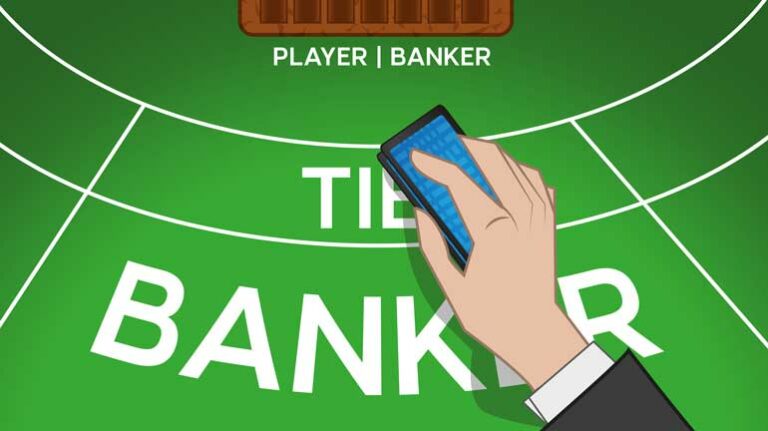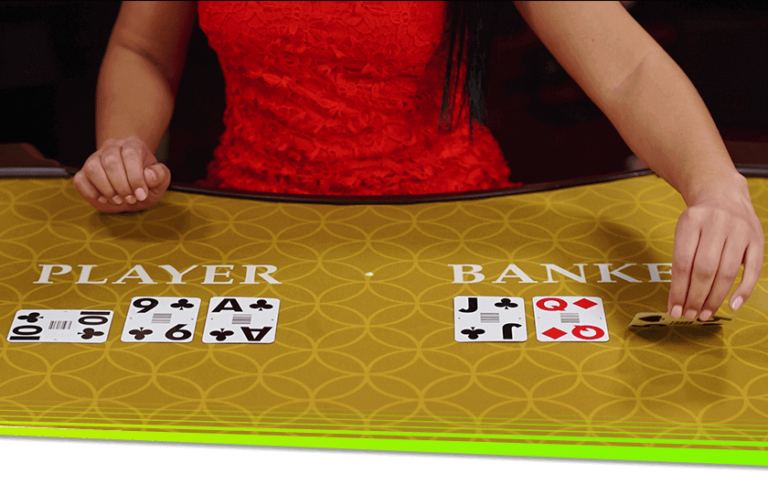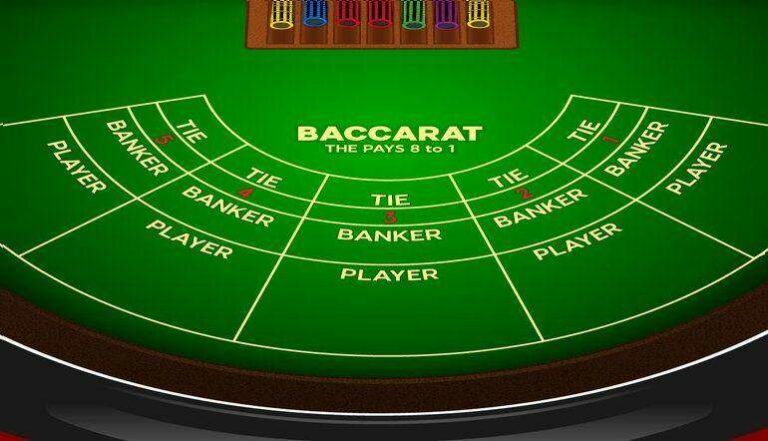When you hear players and the media talk about the WSOP, you hear all about buy-ins, big wins, and crazy runs. What is often not mentioned is the different side of the World Series and tournament poker in general.
I’m talking about rake and taxes, of course.
If you’ve ever compared the final prize pool of any WSOP tournament with the buy-in and the number of entries, you’ve probably noticed there is a discrepancy.
The prize pool should be bigger, but a percentage of every buy-in is kept to cover the organizing expenses.
Similarly, when you win a cool million in a WSOP event, how much money do you actually get to keep after the taxman has taken their bit?
Unlike rake, which is the same for everyone, taxes can vary greatly depending on many factors – most importantly, the country you come from.
It can all be a bit confusing, but if you’re serious about playing the WSOP, you should know the answers to all these questions and plan accordingly.
Rake In WSOP Events – How Big Is It?
If you want to play poker in any serious capacity, you’ll have to pay rake – and a lot of it – especially if you prefer live poker.
Running live games costs money.
Organizers have to pay for the dealers, cards, chips, and various other expenses, plus make some money for it all to make sense.
The World Series of Poker is no exception to this rule. Somebody has to pay for the festivities, and you are that somebody.
But how big is the rake in WSOP tournaments?
First of all, how much you’re going to pay in rake depends on the buy-in. Bigger buy-in events are raked at a lower percentage, so you technically get a better value from these.
The total fee is split between the rake and the dealer fee. The overall amount subtracted from the buy-in is split into two portions, the bigger of which goes to the WSOP, and the smaller bit is reserved for the dealers.
So, with that explanation out of the way, what numbers are we looking at exactly?
For the 2019 WSOP, the rake for lower buy-in tournaments ($1,000 – $3,000) was 10 percent.
For example, in the $1,000 Mini Main Event, there were 5,521 entries, so the WSOP charged a grand total of $552,100 in rake.
This is, of course, a substantial number, but you should also keep in mind that organizing a festival such as the World Series of Poker costs a lot of money.
For $5,000 buy-in tournaments, the rake was 7 percent, while all championship events ($10K buy-ins) were raked at 6 percent.
So, a much bigger percentage of the money paid by the players was left in the prize pool.
Finally, for the high roller events ($25K and higher), the rake is 5 percent.
Some tournaments, such as One Drop and other charity events, will have an added fee, as the portion of the buy-in is deducted for the charity in question as well.
In the end, the WSOP rake ranges between 5-10 percent, and the higher you go, the less rake you will pay.
The Debate Around Whether Players Should Pay The Rake
Over the past few years, there’s been some discussion about whether players should pay the rake at the WSOP and if the WSOP should create some kind of a kick-back program to give a portion of the rake back to the players.
The argument for this idea is that the World Series has outgrown its initial status, and it is now a staple event, similar to other sports competitions.
However, unlike most athletes, poker players don’t get any type of incentive for their participation and are even charged money.
There is definitely some merit to this idea, but it’s highly unlikely that the WSOP will do away with the rake any time soon.
There would need to be much more interest from the sponsors, who’d have to be willing to cover all the organization costs for that to happen.
That’s pretty much what happens in other sports, where sponsors are happy to dish out a lot of money in exchange for advertising opportunities.
Perhaps if poker is finally accepted as a real sport, and the situation on the US online scene changes substantially, something like this might happen.
But I wouldn’t hold my breath for it.
WSOP And Taxes – What Happens If You Win Big?

It’s often said that two things are certain in life: death and taxes.
In poker, it seems like the only thing you can’t avoid is the rake. Taxes aren’t really set in stone, but it takes some skill to get the best deal possible.
As you all know, many WSOP tournaments feature massive prize pools, and winners walk away with huge, truly life-changing amounts.
But the amount actually won is often substantially smaller after paying all the taxes.
For example, the 2014 WSOP Main Event runner-up Felix Stephenson won $5.1 million for his efforts. But, being from Norway and listing his occupation as a professional poker player, he had to pay taxes in excess of 50 percent.
Martin Jacobson, the fellow pro who defeated Stephenson in the heads-up skirmish, won $10 million. Originally from Sweden, Jacobson had already been living in the UK for a long time, meaning he would be taxed according to the UK laws.
So, how much did Jacobson had to give up of his eight-figure win? The answer is zero! In the UK, poker winnings are not taxable, so Martin got to keep the entire sum.
When it comes to the WSOP winning and taxes, there are basically three ways players get taxed:
- US residents are taxed at 24 percent on any winnings exceeding $5,000. This is the federal tax, and it is withheld automatically, while winners still have an obligation to report and pay the state tax on their own.
- If you’re from a country that has a tax agreement with the US, you’ll receive your winnings in full and will need to pay whatever the tax is in your country (be it 0 percent, 50 percent, or anything in between).
- If you’re from any other country, the WSOP will keep 30 percent on all winnings above $5,000 on the spot.
As you can see, this can be a rather complicated situation, especially for the non-US players.
The list of countries included in the tax treaty isn’t that long, so many players find themselves in a situation where they simply have to give up 30 percent of their winnings.
The ideal scenario for big winners is if they have a residency in one of the countries where gambling is not taxed and has a treaty with the US.
These include:
- The United Kingdom
- Canada (but only for those who are not professional gamblers)
- Luxembourg
Not a very long list for sure, and this isn’t very helpful information if you happen to be from one of many other countries that require poker players to pay taxes on their winnings.
So if you strike gold in the Main Event and win a huge amount of $10+ million, will you really have to give up 30 percent or more, or is there still some hope?
Relocating To Avoid Paying WSOP Taxes
The simple truth is that once you win some money at the WSOP, there is really no way around paying taxes.
You’ll be on the line for whatever amount is applicable, and it won’t matter if you relocate afterwards.
It would be great if you could move to the UK after winning a few million and take advantage of that generous zero percent rate – but it’s not possible.
So, if you have serious plans for a poker career, this is something you should really think about in advance.
Where you decide to live can have a huge impact on your overall returns and can even be a determining factor between being a winning and a losing player.
If you’re a full-time pro who grinds the WSOP every year, having to pay 30 percent or more on your winnings will have a huge impact on your ROI.
You don’t just have to beat the rake and traveling expenses, but taxes as well, and at a certain point, you simply reach an unrealistic number.
For a casual player who only goes to the World Series for fun and to try and get lucky, this isn’t a huge issue. Sure, it sucks to give up on so much money, but this is an unexpected windfall in the end. It’s similar to winning a lottery.
For those who count on poker to make a living, though, this is much different. Even if you can deduct your expenses and losses, taxes will still make a big dent in your bottom line.
So, you might want to look into your relocation options and see what countries you could claim residence in to pay no or small taxes.
This is far from an ideal scenario, but if you want to take up poker seriously, these are the kind of things you’ll need to think about.
Every profession comes with its own set of challenges. For poker players, picking their place of residence and where they pay their taxes is one of them.
With Rake, Taxes and Other Expenses, Is WSOP Even Worth Playing?
After reading the article up to this point, you might be asking the question above.
On top of the rake and taxes on any significant wins, there are also traveling expenses to add to the mix, so is it even worth bothering with WSOP tournaments?
Well, if you happen to be from one of the “good” countries, the answer is quite obvious.
WSOP fields are generally quite soft, so you can expect good returns. If you don’t have to pay high taxes or don’t have to pay any at all, it makes sense to get involved with the World Series.
For a casual player, taxes are the last thing on their mind.
No recreational player will think about how much tax they’ll have to pay if they win the Main Event. They’re going to Vegas to have a good time, experience the World Series of Poker, and try to get lucky. If they can return home with any profit, that’s a win.
On the other hand, those who rely on poker to make a living have to think about this question and find the best solution for them.
Unfortunately, there is no simple answer here.
If you can’t move and are stuck with paying huge taxes on your poker winnings, you need to do some serious math, especially if you’re just starting off.
You might want to get some advice from a good local accountant as well.
Tax laws vary greatly from one country to another, but one thing they have in common everywhere in the world is that they are quite complicated.
The bottom line is that rake and taxes are something you’ll have to account for when playing in the World Series of Poker.
Prepare yourself ahead of time as much as possible, look for some expert advice, and ask around.



















